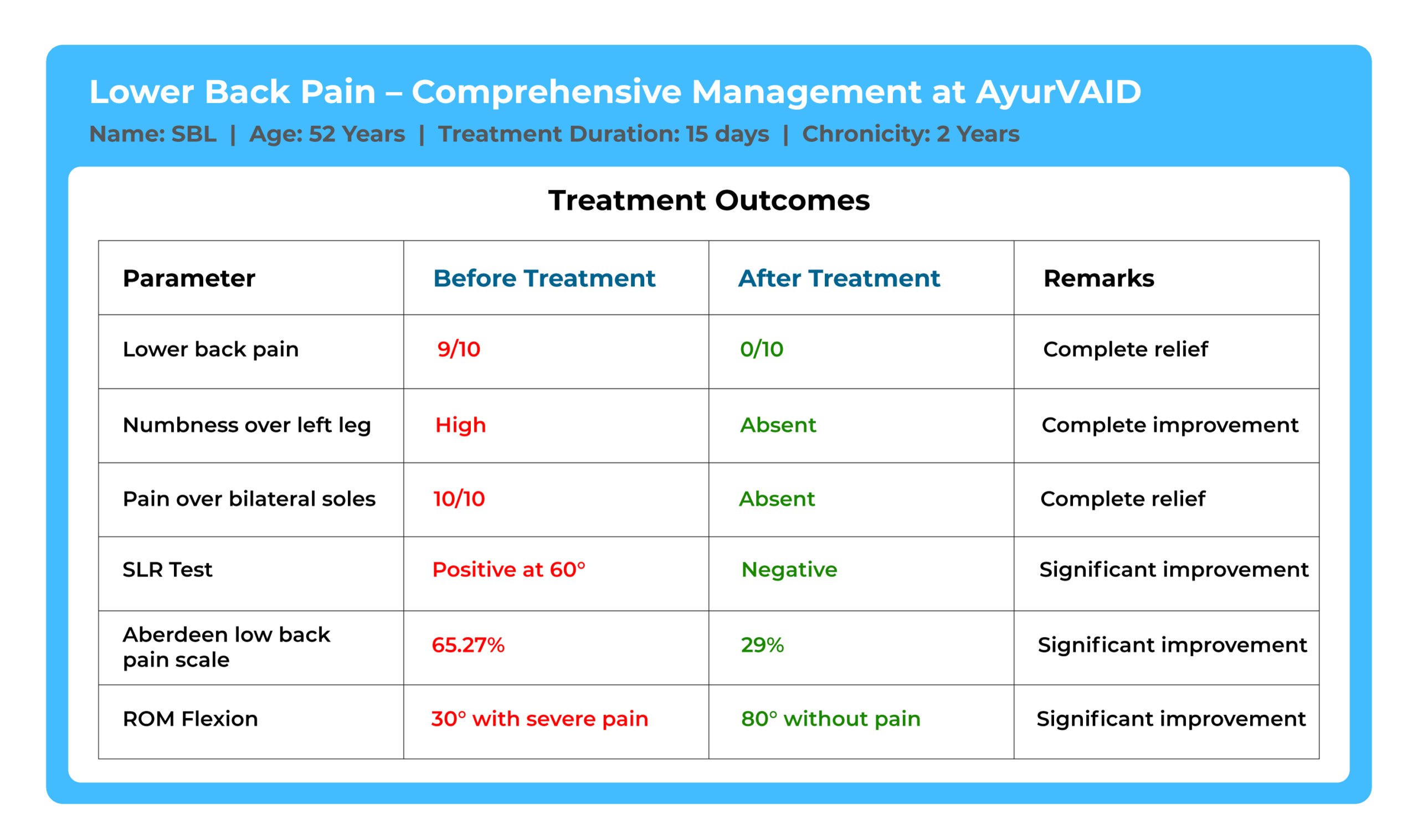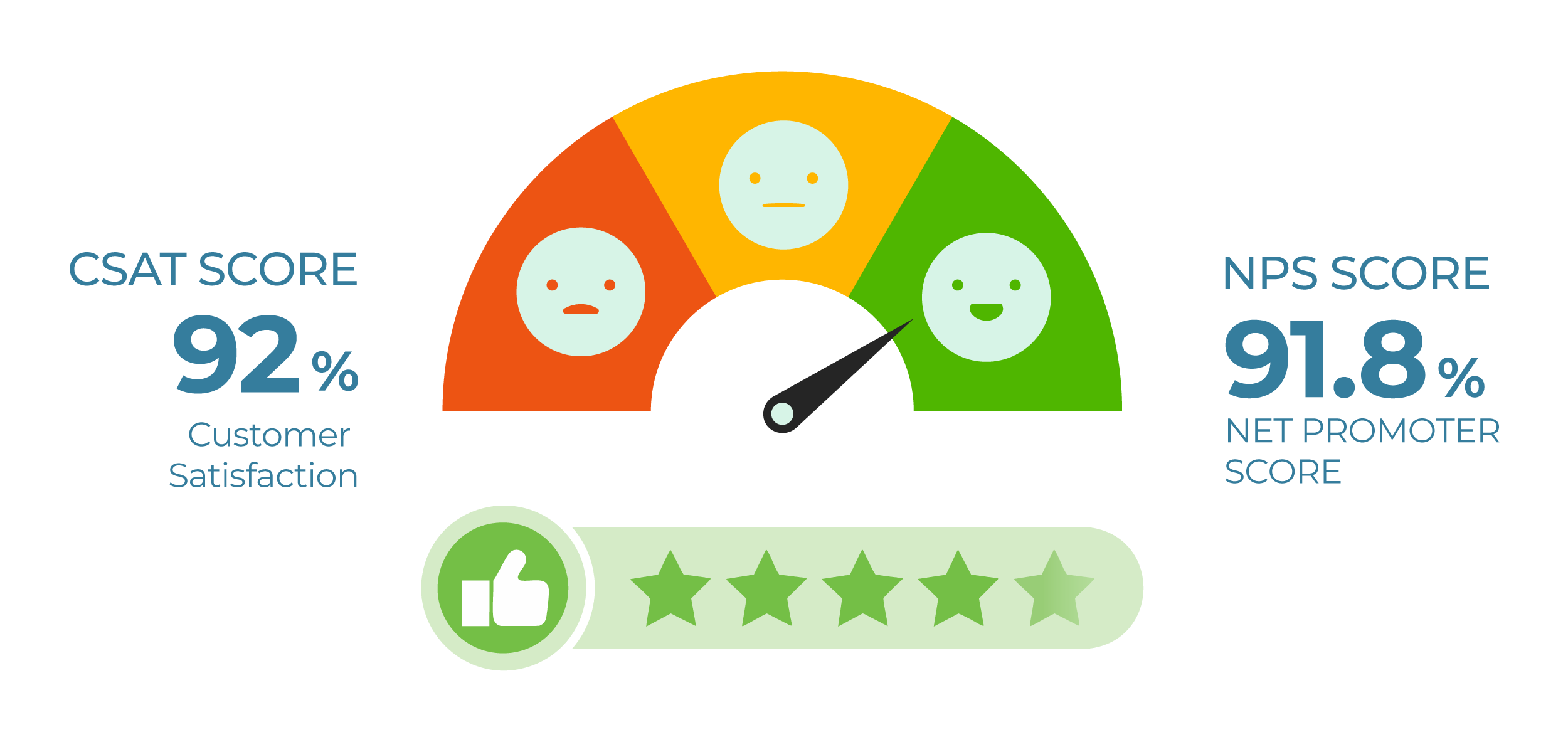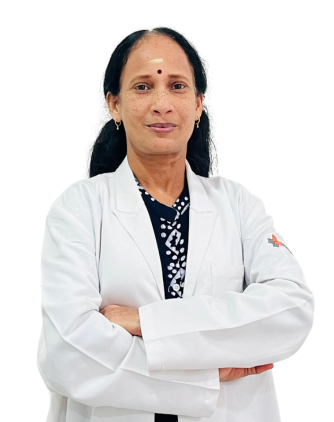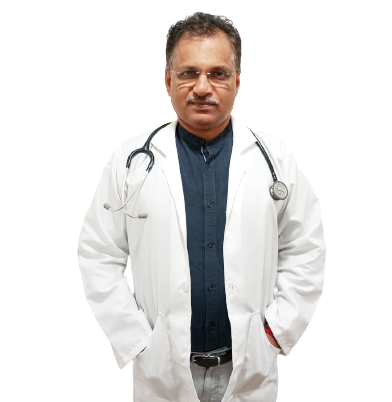- AyurVAID Pharmacy
Fistula -in-ano is characterised by a tract between the perianal skin and anal canal. The quality of life of an individual is greatly affected by this condition, which causes recurrent pus discharge, swelling, pain, and irritation. If not treated, it is prone to recurrent infections and recurrence and usually arises as a result of an untreated or prior anal abscess.
In Ayurveda, fistula-in-ano is referred to as “Bhagandara”, which is one of the eight major diseases (Ashta Mahagada), that are considered difficult to treat due to their chronic and relapsing nature. The term Bhagandara is derived from “Bhaga” (perineum) and “Darana” (tearing or breaking), indicating the pathological tearing of the Bhaga (perineum), guda (anal region) and vasthi (bladder region). When it is in a blister stage, it is called Pidaka, and if it is ripened (pakwa avastha). It is called Bhagandara (fistula). The causative factors in Ayurveda include impaired Agni (digestive fire), accumulation of Ama (toxins), and vitiation of doshas, especially Vata and Pitta, leading to suppuration, abscess formation, and tract development.
Apollo AyurVAID adopts an integrated, individual, and protocol-driven approach (Precision Ayurveda), addressing the root causes of piles rather than merely suppressing its symptoms.
A whole-person health assessment by an expert team of Ayurveda physicians is conducted to design a personalised treatment protocol. This includes classical Ayurveda medications and therapies, targeted anorectal care, and individualised diet and lifestyle modifications.
The treatment protocol includes classical Ayurvedic medications to correct the deranged Agni and dosha’s, reduce inflammation, and promote tissue healing. If the tract is chronic or complex, specialized Ayurvedic para-surgical procedures such as Ksharasutra therapy — a medicated thread ligation technique — are used. This method gradually cuts, and heals the fistulous tract, there by reducing the chance of recurrence. Along with Ksharasutra therapy, the treatment plan also includes personalized diet advice, bowel regulation strategies, and lifestyle modifications to strengthen digestive health, support immunity, and prevent future aggravation.
The integrative and multidisciplinary care at Apollo AyurVAID not only manages the symptoms but ensures sustainable healing and long-term relief from fistula-in-ano.


89%* of our patients found real relief with the Precision Ayurveda Approach
*Based on PROM (Patient-reported outcome measures), rated on a 5-point scale: 1–Very Bad, 5–Excellent.

*Based on PROM (Patient-reported outcome measures), rated on a 5-point scale: 1–Very Bad, 5–Excellent.
Ayurveda explains Bhagandara (Anal Fistula) as a disease of guda(anorectal region) which is caused by the imbalance of the doshas like vata, pitta, and kapha, that leads to the dushti of raka, mamsa, and medo dhatu.
Acharya’s explain it as a complication of untreated parikartika (fissure in ano) and Pidaka (abscess/boil), which further leads to Bhagandara (Anal Fistula). And the causes can be broadly classified as Aharaja, Viharaja nidanas, and due to preexisting conditions.
The conventional medicine explains Anal Fistula as a result of cryptoglandular infection, ie, infection of the anal glands, leading to abscess formation, which, when does not heal completely causing Anal Fistula. Also, the risk factors include dietary and lifestyle causes.
Common symptoms:
Acharya Susrutha explains 5 different types of bhagandara based on the dosha involvement
Vataja type:
Pittaja type:
Kaphaja type:
Combination of Vata, Pitta and Kapha (Sannipataja type):
Agantuja (Due to external trauma):

Don’t let back pain progress to surgery. Apollo AyurVAID’s treatments target the root cause with natural, personalised therapies.
1. Whole-Person Health Assessment
Conducted by our specially trained doctors, this assessment includes an in-depth evaluation of present and past complaints, Nidana Panchaka (causative factors), and disease pathways using clinical methods such as Ashta Sthana Pariksha (8-fold examination), Dasha Vidha Pariksha (10 factors), and Srota Pariksha, along with clinical examination (proctoscopic examination). The assessment encompasses a comprehensive medical history, which includes any associated conditions such as constipation, liver disorders, or pregnancy. Advanced diagnostic procedures may include colonoscopy or sigmoidoscopy to rule out other conditions when clinically indicated.
2. Disease Tree
A comprehensive disease tree, from root cause to all signs and symptoms, is derived from causative factors, imbalances in doshas, involved sub-systems, and progression.
3. Personalised Protocol-Based Care Plan
Based on the disease tree and assessments, we create:
Yoga and exercise recommendations specific to piles management
4. Disease Monitoring and Outcomes Tracking
The Perianal Disease Activity Index (PDAI) and Visual Analogue Scale (VAS) are the scales used to monitor treatment success and disease progression.
The assessment parameter includes fistuolus discharge, pain and restriction of activities, sexual activity restriction, degree of induration, and functional assessment to gauge overall well-being.
The Apollo AyurVAID’s protocol-driven approach for Ayurveda treatment for piles focuses on symptom relief, healing of damaged tissues, restoration of normal bowel function, and prevention of recurrence. Piles Treatment in Ayurveda – duration and approach are individualised based on the grade, type, and severity of piles.

1. Nidana Parivarjana (Evading Causative Factors):
2. Dietary Suggestions:
As we work hard to improve our services, your feedback is important to us. Please take a moment to help us serve you better.
The information provided in this blog is for general informational purposes only and is not intended as a substitute for professional medical advice, diagnosis, or treatment. Always seek the advice of your physician, Ayurvedic practitioner, or other qualified healthcare provider with any questions you may have regarding a medical condition or treatment.
Subscribe to our hospital newsletter for the latest health tips, updates on services, patient stories, and community events. Sign up today and stay informed!








Popular Searches: DiseasesTreatmentsDoctorsHospitalsWhole person careRefer a patientInsurance